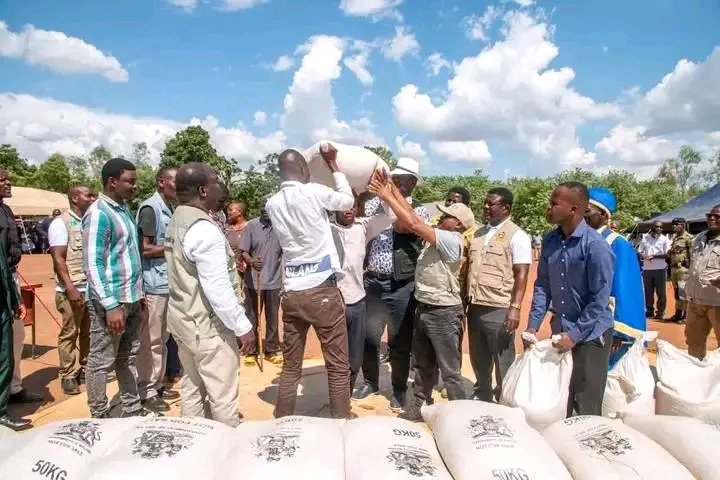President Chakwera promised a lean cabinet in the impending reshuffle due this month of January. According to Malawians on the street, they feel the cabinet has a lot of deadwood that must be removed as some of the problems facing the nation is due to the lack of the foresight leadership to help President Lazarus Chakwera move this country forward.
It appears the President, listening as he is has heard the people’s cry and is geared to come up with a cabinet that will define the remaining years of his presidency, especially with respect to 2025 where he will be expected to defend his position on the ground, on the ballot. Hopefully, he cannot afford to please certain quarters anymore as his line may be on the chopping board by the disgruntled Malawians.
According to word on the street, Malawians are waiting for the cabinet reshuffle with bated breath as among other things, it will help them know who was deadwood and who are the performers who will have been maintained, at least in the eyes of Chakwera, as this is his own prerogative to hire or fire Ministers.
Word to the Ministers, if you are chopped this time. Know that it is how it is supposed to be. We are over 18 million in this country and if you made it to the Cabinet, you just better thank God as belonging to the cabinet is anyone’s entitlement. It is a privilege. There are many Malawians who would also want the same opportunity. As for you guys, you were given the opportunity to help President Chakwera change the fortunes of this country but as we all can see your performance; it is what it is.





